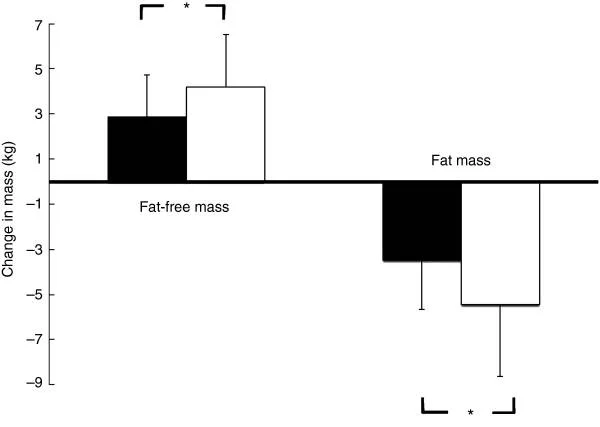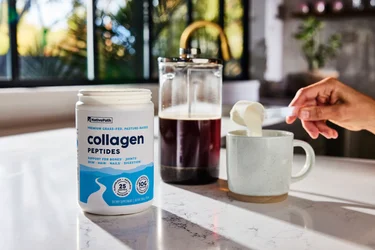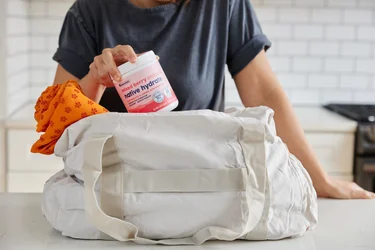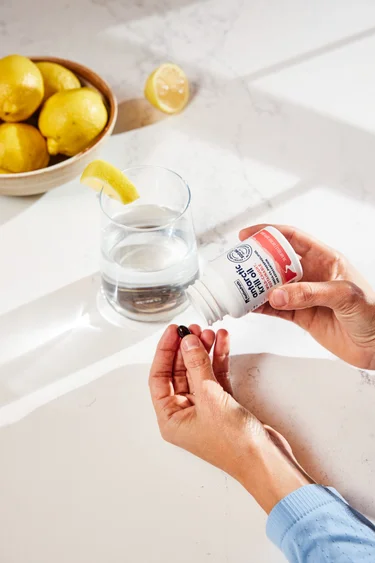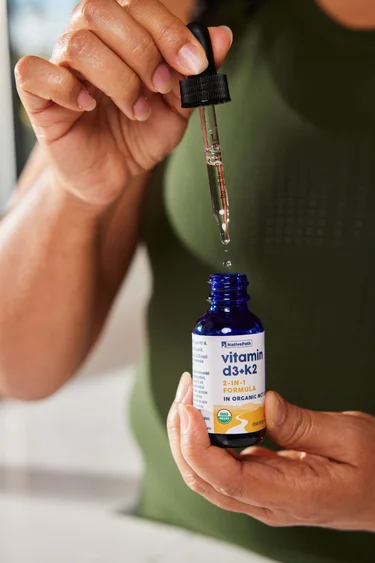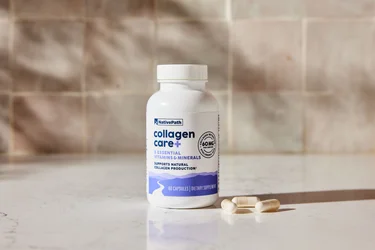Strong, healthy muscles aren’t just helpful on the pickleball court, they’re vital to preventing risky falls. In fact, about 36 million falls are reported among older adults in the U.S. each year—making falls the leading cause of injury and injury death in this age group (1). That’s about one in four people!
Age-related muscle loss, called sarcopenia, is a natural part of aging, but that doesn’t mean you’re helpless to stop it. As a registered dietitian, I have seen several clients successfully increase their muscle mass. Doing so usually comes down to simple lifestyle changes, dietary adjustments, and supplement additions. And the best part? These changes aren’t overwhelming to adopt.
In this blog, we’ll look at the supplement portion of age-related muscle loss (there are eight, in particular). But first, let’s define sarcopenia and how to know whether or not you have it.

